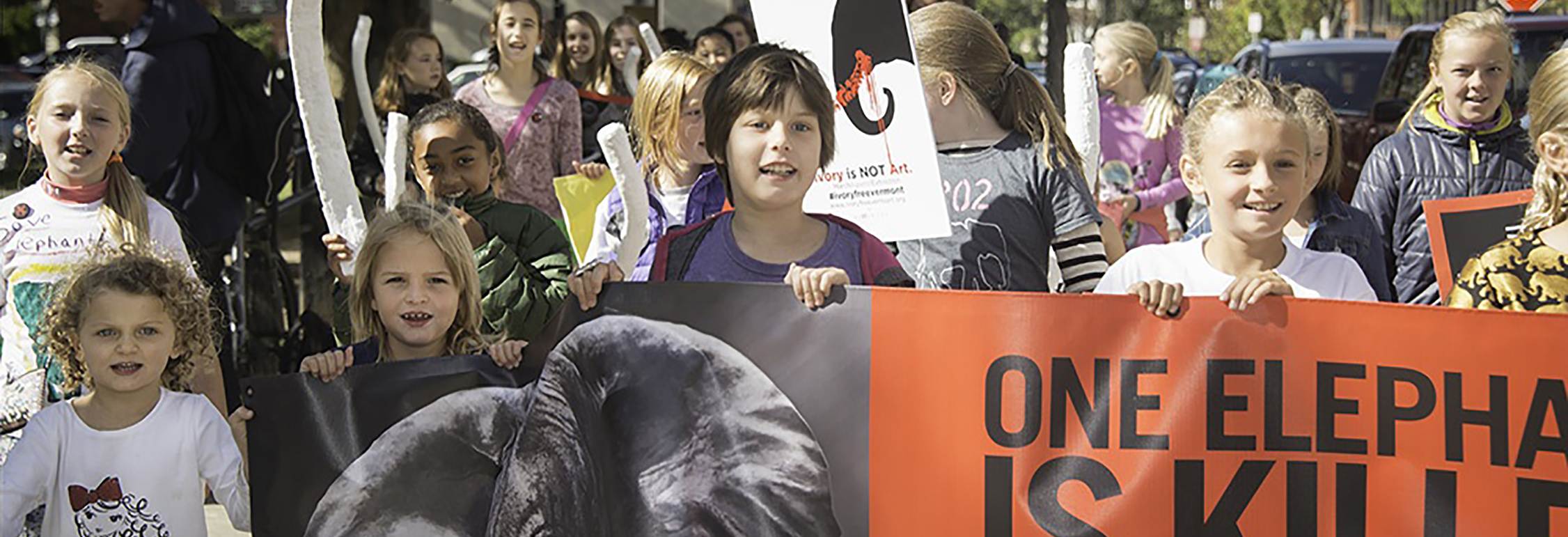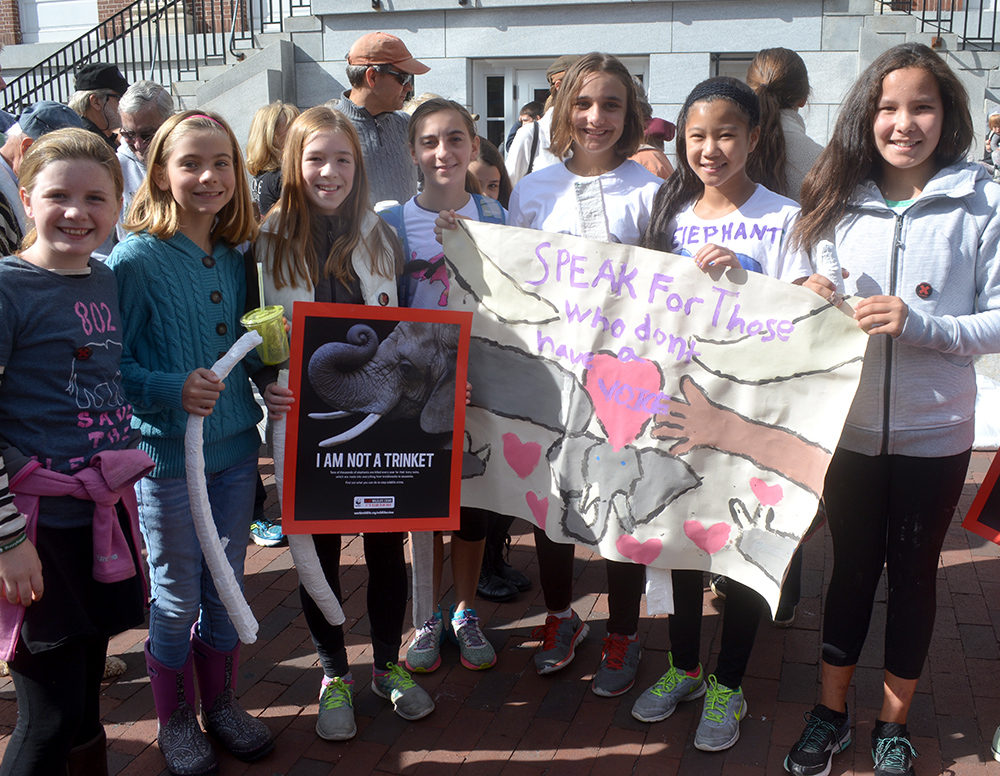Governor Phil Scott Signs H.99 into Law, Outlawing the Sale of Imperiled Wildlife Parts within State Borders

Vermont for Wildlife
Vermont for Wildlife
It is with tremendous joy and hope for our planet that the entirely volunteer VermontForWildlife, in unified partnership with Protect Our Wildlife and the Humane Society of the United States Vermont and others, announces that Governor Phil Scott signed H.99 into law on October 8, 2020.
This makes Vermont the twelfth state in the nation (plus DC) to ban the trade in imperiled wildlife parts within its state borders. Other states that have enacted similar legislation include our neighbors New York and New Hampshire as well as New Jersey, California, Washington, Hawaii, Oregon, Nevada, Illinois, Minnesota, and New Mexico.
This has been an eight-year mission to have Vermont do its part to save the most highly trafficked animals from extinction. The grassroots effort has included thousands of Vermonters, kids of all ages, business owners, musicians, filmmakers, professors, authors, as well as experts and scientists from Vermont and around the globe, many of whom have risked their lives on the frontlines of the poaching crisis.
The law will stop the intrastate trade (trade within the state of Vermont) of imperiled wildlife parts from fifteen of the world’s most highly imperiled species including elephants, rhinos, cheetah, giraffe, hippopotamus, jaguar, leopard, lion, pangolin, ray, sea turtle, shark, tiger, primates, and whale (and mammoth and mastodon given the vast amount of elephant ivory that is poached and then called mammoth and mastodon).
Thank you to everyone who helped make this possible! Read more here.
Take action! Watch this 6 minute video, share, and send a polite email to Sen. Sirotkin at msirotkin@leg.state.vt.us and ask his Committee to please pass S.29 (which will ban the sale of imperiled wildlife parts in the state of Vermont--- this is needed because federal law cannot and does not govern trade that happens within a state) in January 2020!


